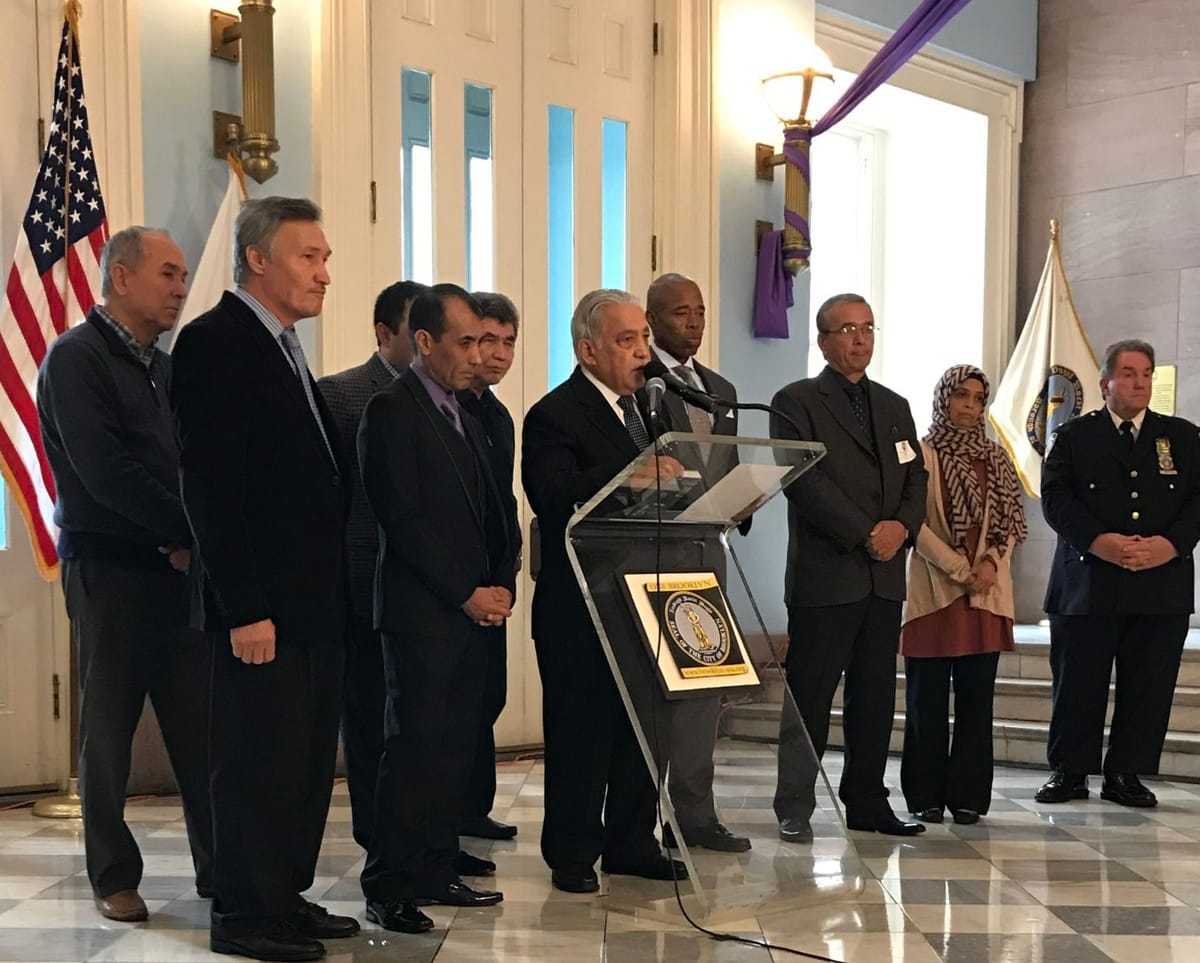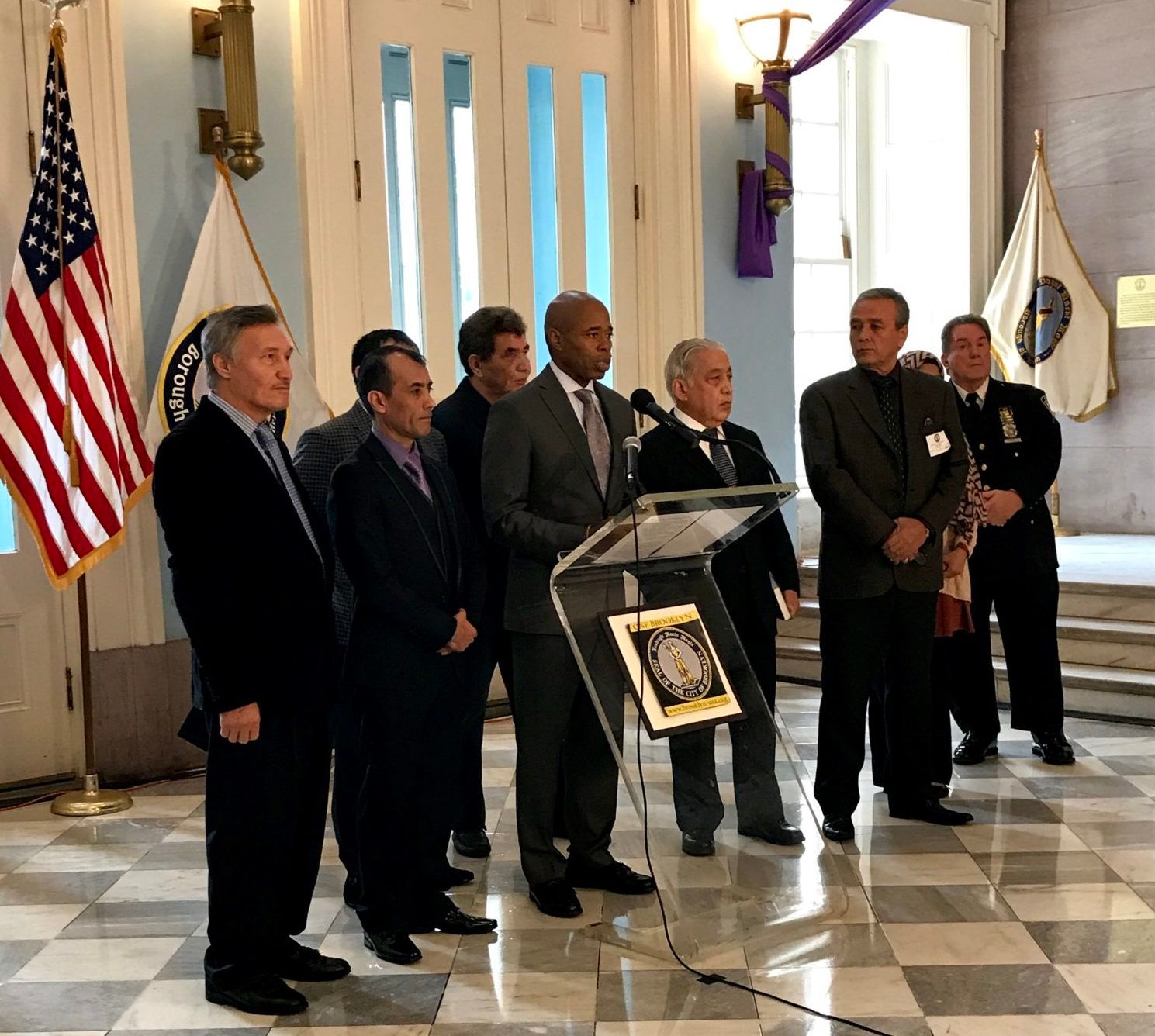Emergency Meeting with Uzbek-American Leaders Follows Deadly Attack In Manhattan







If you want your district to have the best possible representation in the city council right away, you should look beyond politics and pick Justin Brannan, a moderate Democrat.
Ahead of the November 7 local elections, when we get to pick our city council members again, NY1 held a debate Tuesday night (you can watch it here) between the two incumbents in what will be the new District 47 – Ari Kagan, a recent Republican representing current Council District 47,

After seven inches of rain punished New York City on Friday, Mayor Eric Adams took almost a whole day to make his first comments about a storm that effectively ground his city, the country’s largest, to a halt. After having seven separate public events without acknowledging the storm, Adams

The weather has turned pleasant and just about every neighborhood in Brooklyn wants you to come out and enjoy all it has to offer — from Atlantic Antic Downtown, 3rd Avenue Fair in Bay Ridge, art crawls in Ditmas Park and Prospect Lefferts Gardens, to lots of literary events to go